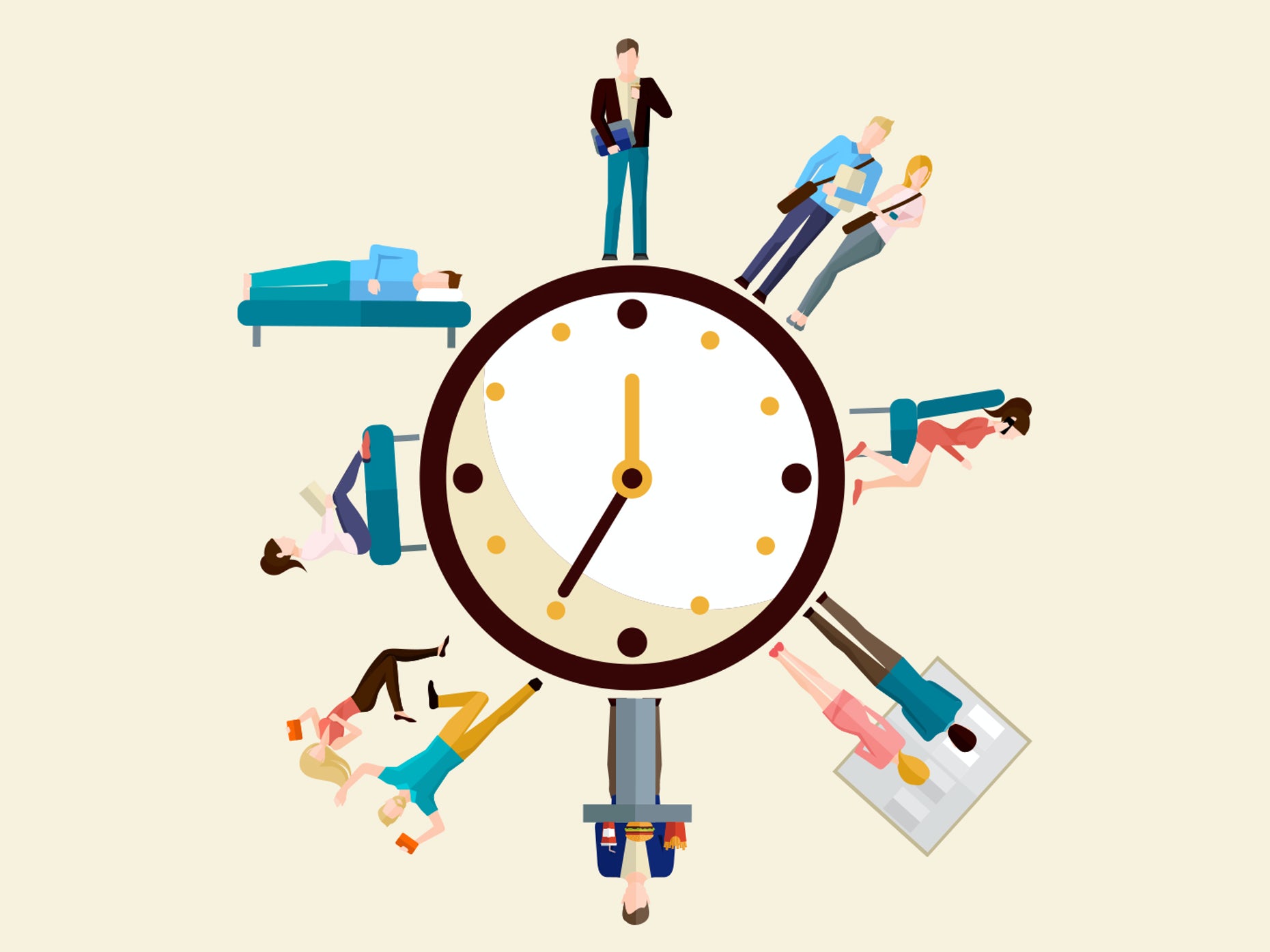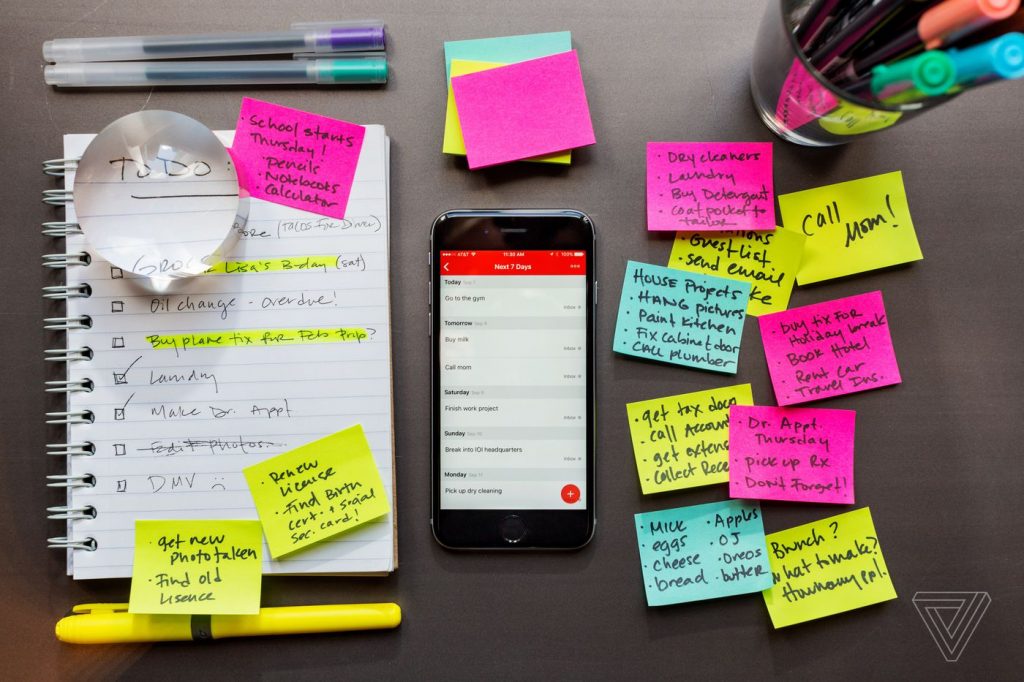Routines Will Protect Your Mental Health. Give Them a Chance.
By: Nandini Gupta
Feature Articles, Health & Welfare, Psychology, Social & Youth development,

Why Build a Routine?
Work. Clean. Cook. Sleep. Exercise. These are just some of the activities millions of people perform every single day. And a lot of the time, these tasks can get out of hand and not help one take care of their mental and physical well-being. It can feel impossible to mark everything off of one’s to-do list, which is made worse if one is struggling with a mental health condition including depression, substance use disorder, and traumatic stress disorder.
However, there’s a solution. Routines.
By establishing a daily routine, individuals can set aside time to take care of all their tasks as well as prioritize their physical and mental health. And routines are the way to do that.
Routines are important during every stage of life: childhood, adolescence, and adulthood. They help cope with change, develop healthy habits, improve interpersonal relationships, and minimize stress.
In fact, studies have shown that daily routines alleviate bipolar disorder and prevent substance abuse. They also manage the symptoms of other mental health disorders, thereby having far-reaching mental health benefits.

Routines and Mental Health
So how exactly do routines help?
Routines help reduce anxiety. When one creates a routine, one knows exactly what to expect. For instance, one knows when it’s time to work and when it’s time to sleep. Creating predictable scenarios through habits allows the mind to alleviate anxiety over the unknown.
Journaling is a beneficial habit to develop, especially for those who struggle with anxiety disorder. In a 2006 study, about 100 adults were asked to spend 15 minutes journaling twice during one week. Those who journaled found the biggest reduction in symptoms including depression, anxiety, and hostility, particularly if they were distressed in the first place.
Routines promote healthy habits. For people with busy schedules, a daily routine can help create a healthy lifestyle. For instance, with a routine, people are able to set aside time for physical exercise. One doesn’t need to spend hours in the gym every day to enjoy the benefits of exercise. According to the National Institute of Mental Health, doing high-intensity interval training (HIIT) can boost one’s self-esteem, improve one’s mood, and provide several mental health benefits.
A study conducted by Harvard T.H. Chan School of Public Health found that running for as little as 15 minutes a day or walking for an hour reduced the risk of major depression by 26 percent. Exercise is a powerful depression fighter since it promotes changes in the brain, encompassing neural growth, reduced inflammation, and new activity patterns that foster feelings of calm and well-being.
Exercise also reduces the symptoms of ADHD as it improves concentration, motivation, memory, and mood. Physical activity increases dopamine, norepinephrine, and serotonin levels in the brain, all of which affect focus and attention.
Routines help combat burnout. According to a national survey on behavioral health, one-third of adults in the United States experienced extreme stress in 2020. Nearly half of the adults reported an increase in their stress levels. A high amount of stress will eventually lead to burnout, which can cause mental and emotional exhaustion, poor interpersonal relationships, and decreased productivity at work. Burnout can also lead to serious mental health issues over time.
Habits in one’s routine, for instance, following the same morning routine, taking periodical breaks throughout the day, scheduling time to be alone, and stopping work at the same time each day can prove to be useful.

Routines and the Pandemic
The pandemic worsened the situation for individuals since there was a lack of structure to the day with no schedule to follow.
“While many of us complain about how busy our schedules are, it represents expectations and patterns that are an important component of good mental health,” says Ramon Solhkhah, the chair of the Department of Psychiatry at Jersey Shore University Medical Center. “The pandemic has left many people feeling adrift because those daily routines that were essential to us before the Covid-19 crisis have evaporated and been replaced by uncertainty and a lack of structure that can contribute to stress, anxiety, and even clinical depression.”
“At some point, by chance, I started to realize that the more I implemented boundaries and schedules – waking and eating and meditating at specific times, working out, writing down the next day’s schedule – the more I started to feel not only some control but also happiness,” expresses Jason Diamond, writing for The New York Times. “By setting routines for myself, I was able to shield myself from chaos.”
Diamond was diagnosed with ADHD, depression, and obsessive-compulsive personality disorder, which made it almost impossible for him to concentrate on his work and to generally be productive and happy.
During the pandemic, Diamond lost track of all his previous habits and routines that had helped him live a better, much happier, and healthier life. Upon realizing this, he decided to take charge once again.
“That was when I started putting my routine back together. Within a week, I was back on some sort of normal schedule of when I woke up when I walked the dog when I let myself look at Instagram. I was getting to as comfortable a spot as one could be during a pandemic… Tomorrow, and every single day after that, my routine and rituals were in my hands only. And nobody could take that from me.”

Routines for Different People
“It’s counterintuitive because we think of the meaning of life as coming from these grandiose experiences,” says Samantha Heintzelman, an assistant professor of psychology at Rutgers University in Newark, who studies the connection between routine behavior and happiness. “But its mundane routines that give us a structure to help us pare things down and better navigate the world, which helps us make sense of things and feel that life has meaning.”
Developing a routine is key. There’s no yes or no answer as to what is the right routine for someone. Routines will vary from person to person. Routines will also vary depending on situations surrounding people. For instance, routines pre-covid and during covid-19 look very different.
Winston Churchill took a bath twice a day during World War II, often giving instructions from the tub. In the White House, Barack Obama spent four to five hours alone every night writing speeches, going through briefing papers, watching ESPN, reading novels, and eating seven lightly salted almonds.
The point is to find what works for one. One can’t control what happens in life. But routines can help give life a predictable rhythm, which allows the brain to develop perspective and better take life’s surprises in stride.
Give routines a chance.
Works Cited
Brenner, Brad. “The Mental Health Benefits of Having a Daily Routine.” Therapy Group of NYC, 24 Apr. 2021
Diamond, Jason. “The Pandemic Helped Me Realize How Essential My Routines Are.” The New York Times, The New York Times, 19 Apr. 2021.
Ginsberg, Larry. “Why Routines Are Important for Mental Health – Behavioral HEALTH, Covid-19, FEATURED, Health Topics.” Hackensack Meridian Health, 2 June 2020.
Murphy, Kate. “Pandemic-Proof Your Habits.” The New York Times, The New York Times, 28 Nov. 2020,
Newman, Kira M. “How Journaling Can Help You in Hard Times.” Greater Good, Greater Good Magazine, 18 Aug. 2020, greatergood.berkeley.edu/article/item/how_journaling_can_help_you_in_hard_times.Robinson, Lawrence. “The Mental Health Benefits of Exercise.” HelpGuide.org, 4 Aug. 2021.
Tags: Anxiety, building routines, burnout, COVID 19, depression, exercise, healthy habits, how to build a routine, journalling, Mental Health, pandemic, routines, routines and mental health, routines and the pandemic, routines for different people, why build a routine, why routines, work-life balance, working from home,










[…] healthy mental and physical routine will help to prevent panic attacks and anxiety. However, acknowledgment of the mental disorder is […]